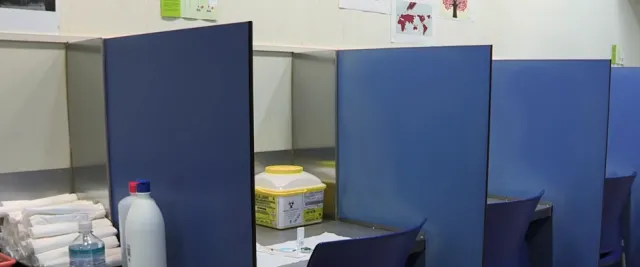Results hosted on duckduckgo.com
Main navigation
-
Data
Open related submenu
Data

Explore the most recent data on the drug situation in Europe provided by the EU Member States. These datasets underpin the analysis presented in the agency's work. Most data may be viewed interactively on screen and downloaded in Excel format.
Latest datasets
-
Countries
Open related submenu
Countries

We work closely with the 27 EU Member States plus Norway and Türkiye, candidates and potential candidates to the EU, the European Neighbourhood Policy countries and other third countries.
-
Topics
Open related submenu
Selected topics
-
Best practice
Open related submenu
Best practice

The content in this section is aimed at anyone involved in planning, implementing or making decisions about health and social responses.
In this section
-
Activities
Open related submenu
Activities
We have developed a systemic approach that brings together the human networks, processes and scientific tools necessary for collecting, analysing and reporting on the many aspects of the European drugs phenomenon.
Selected areas
Partners and cooperation
-
Publications
Open related submenu
Publications

Explore our wide range of publications, videos and infographics on the drugs problem and how Europe is responding to it.
In this section
Featured publications
- Events Open related submenu
-
News
Open related submenu
Recent news
- Coming soon: European Drug Report 2024 to be released on 11 June
- New EMCDDA resource on drug consumption rooms: a local response to local problems and needs
- International cooperation partners participate in EMCDDA-CEPOL training course on 'Drug crime and markets: strategic analysis’
- New drug checking data from the Trans-European Drug Information (TEDI) network
- Latest wastewater data from 88 European cities reveal cocaine detections on the rise
- EU4Monitoring Drugs II: EMCDDA visit to Moldova
-
About
Open related submenu
About the EMCDDA

The European Monitoring Centre for Drugs and Drug Addiction (EMCDDA) is the leading authority on illicit drugs in the European Union.
In this section







